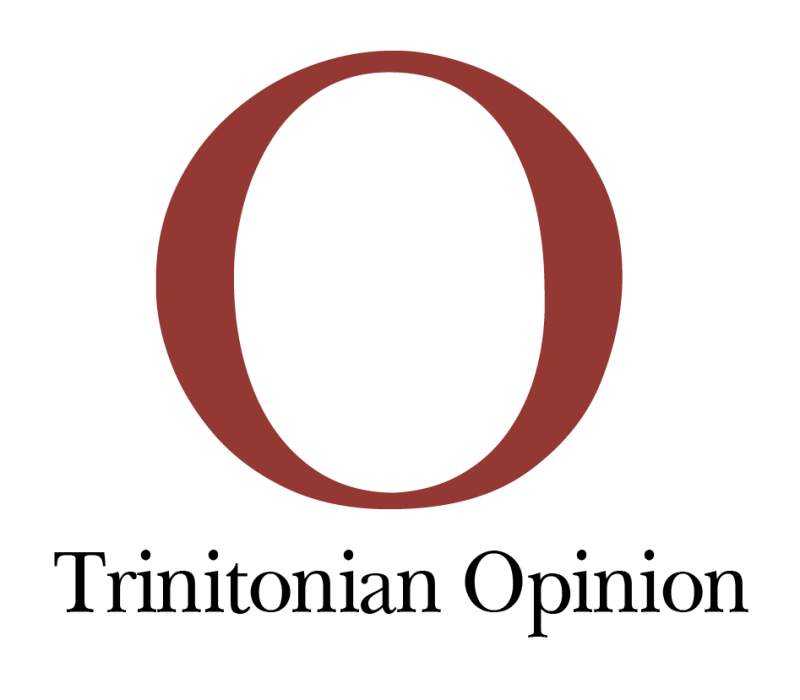I agree with Dr. Crockett that confining the question of abortion to theology is unproductive. It is rhetoric that divides people into factions and implicitly discounts the possibility of worthwhile discussion before it can begin. The question of abortion at hand isn’t “metaphysical,” inasmuch as people use that term derogatively. It is, however, grounded deeply in a philosophical problem. One question must be addressed before we can proceed: What exactly constitutes a person?
We must clarify this question. Personhood is a tricky topic at best, but we should not conflate personhood with the characteristic “˜being a human being.’ In order to avoid confusion, we ought to be clear about our terms. Persons are ethically separate entities from human beings, which are simply animals of a certain biological constitution: Homo sapiens. We almost always consider ourselves to be persons. I invite the reader to consider the possibility of humans without personhood (perhaps totally braindead coma patients) and persons without humanhood (possibly: intelligent aliens, particularly smart apes or elephants). This will help us discern our intuitions on the matter and will help us decide if those intuitions match up with what we can see as reasonable or not.
If being a living member of the species Homo sapiens is our criterion for personhood then we might be opposed to shutting off life-support for braindead coma patients. After all, any human life also constitutes a person on this view. But this alone is not enough to come to a conclusion. We must also consider a fetus’ status as one of these living being which we ought to consider persons. Our intuitions are not particularly helpful in this case. A clump of cells that are pseudo-parasitic in nature is hard to reconcile with our view of Homo sapiens as self-sustaining animals with certain physical and mental traits.
One issue at hand is that it’s quite fuzzy if we try to decide the point at which these cells become, or perhaps grow into, a person. Does it require a certain number of cells? The first cell of any particular organ? Our pro-life thinker might conclude that this kind of categorization is arbitrary and that in the absence of a clear defining line, it’s ethically responsible to assume that it’s a human being from the very start (lest we make a mistake about where the line begins and unwittingly end a person’s life). The moment the embryo has the proper DNA it is a human being; thus, it is a person and all that ethically entails. Our pro-life thinker might not even need this much. It could be the case that while a developing embryo isn’t a human being, i.e. isn’t a person yet, a trait that it does have is that in normal circumstances it would be expected to develop into a person; call this eventuality. We might, then, consider that all things that are persons and all things that will become persons ought to fall under the aegis of having a right to life. We can arrive at the secular pro-life conclusion: We ought not to injure persons, which all human beings are, and this personhood or eventual-personhood begins at conception.
While the pro-life position cites reasons such as DNA, eventuality and so forth, it doesn’t change the fact that it might be perfectly reasonable to contend that the embryo or fetus is not a person for reasons that are primarily psychological. We have an intuition that persons think, that they feel both emotion and sensation and that they hold opinions and memories and a myriad of other things that seem more strikingly personable than having a certain type of helix structure within their cells. Further, we might think that persons are capable of supporting themselves independent of a pseudo-parasitic biological apparatus.
Our pro-choice thinker contends that a small set of cells with human DNA is is not a person. The fetus or embryo, at least for some portion of time that it exists, lacks a brain and is thus unable to have any sort of subjective experience, pain or otherwise. The pro-choice thinker might contend it is physically no more a person than an amoeba. Further, the argument against eventuality would claim that despite its eventual personhood, at the time of abortion we cannot point to a person being harmed. The person is, explicitly, forthcoming and not actually present. It is extraordinarily difficult to point out the harm actually done to a merely potential person (and we might go mad with trying “” there are likely infinite potential persons). Thus, our pro-choice thinker concludes that abortion is permissible. Lacking any relevant traits that would designate a fetus or embryo as a person, no person is harmed in any relevant sense. Moreover, the pro-choice thinker will contend, it’s often the case that abortion prevents persons from being harmed.
I have hopefully laid out a fair and accurate overview of the intuitions that generate the two disagreeing camps in the abortion debate. While Dr. Crockett’s article is compelling, I believe that it is necessary to lay out the competing intuitions of the pro-choices argument to better illuminate the point over which the two camps disagree. His implication that there is a risk of falling down a moral slippery slope is not ungrounded, but it does miss the point of the debate. Better to discuss the cause of a dispute rather than a possible symptom.
The most important question of abortion is the question of personhood. If we seek any sort of conclusion about this issue, we must establish what constitutes a person as it relates to a fetus or embryo. This question is not impossible to answer, but we are not able to quickly answer it by checking through some empirical data. We must present reasons and examine our intuitions, explore our premises before loudly proclaiming the rightness of our conclusions. A precise and charitable discourse about personhood as it relates to the unborn is necessary for a coherent conversation.






